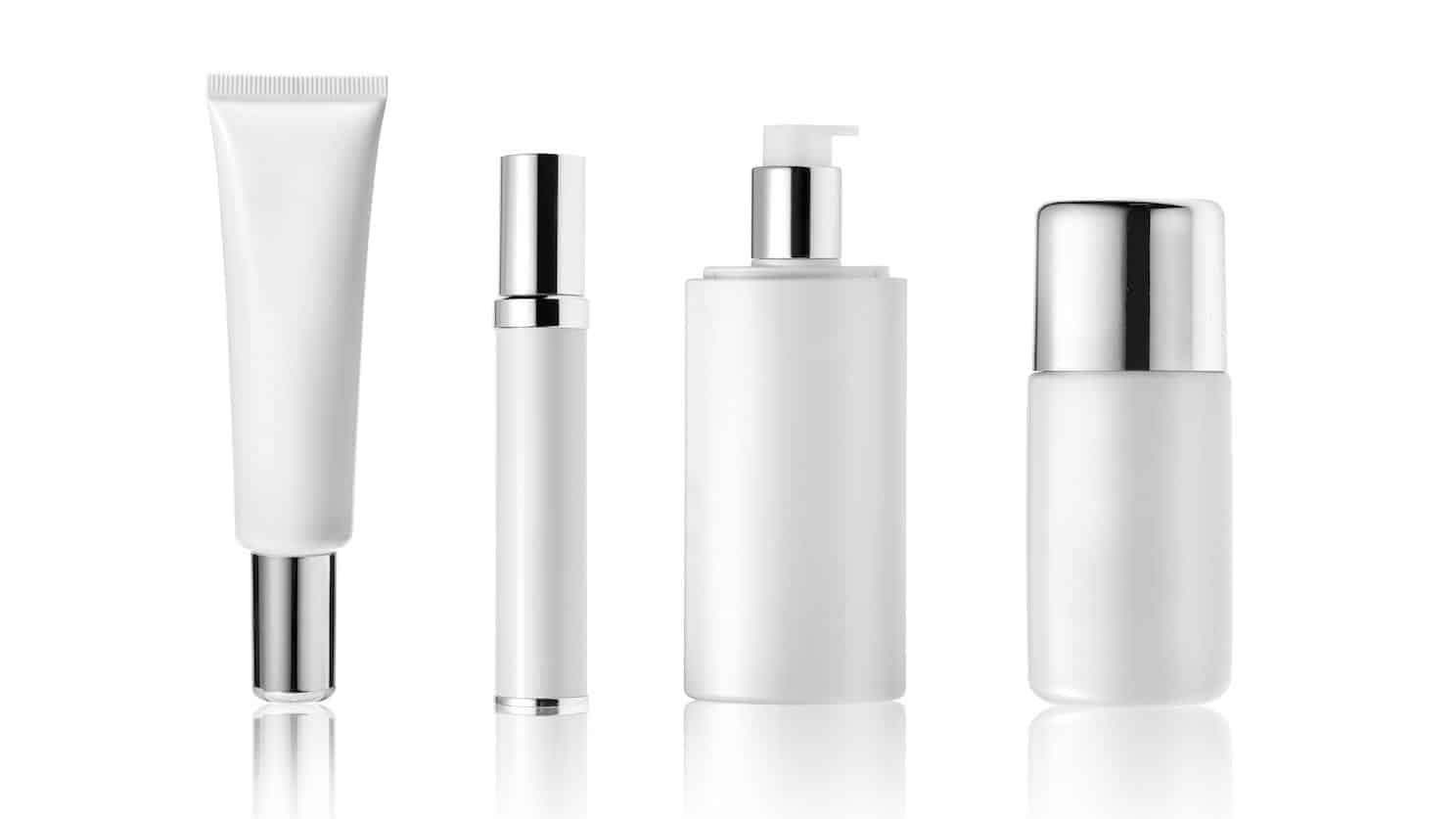Where do you get your beauty fix? Do you purchase cosmetics and skincare products from a brand-name cosmetics counter at a high-end department store? Do you visit a specialty beauty products store? Do you just grab something off the shelf of your local pharmacy? Regardless of where you purchase your products, there’s a very good chance that the packaging makes claims that are misleading, exaggerated, or out-and-out lies.
The Costhetics team hopes this article will alert you to and protect you from an egregious cosmetics falsehood that can affect your health.
Beware of Products Labelled “Unscented”
Unscented beauty products may be odourless, but that doesn’t mean they were manufactured without a fragrance. As counter intuitive as it sounds, a combination of fragrances may be used in an unscented product in order to make it odourless to the consumer. In other words, “unscented” and “fragrance-free” are two different animals.
Why does this matter?
Finding Allergens in Skincare Products
Fragrances are the most common allergens found in skincare products. Both synthetic and natural fragrances can cause problems for a wide range of skin types, ranging from unpleasant itching to dermatitis and even hives. Allergy-prone consumers need to be extra cautious when purchasing over-the-counter beauty preparations, but all of us would be well advised to think before we buy. Here are three tips that will help you find products that are truly unscented:
- Trust the Source – Buying low-cost products from the Internet or at a street market is a recipe for skin disaster. Choose products from established manufacturers with a reputation for honesty and integrity.
- Scan the Ingredients List – Some fragrances are used in cosmetics as preservatives, not to enhance the smell of a product. This allows the manufacturer to label the product “fragrance-free.” If you find cinnamic alcohol, cinnamic aldehyde, eugenol, hydroxy-citronellal, geraniol, isoeugenol, and/or oak moss absolute on the label, be aware that these fragrances commonly cause allergic reactions
For ultimate safety, Costhetics recommends that you talk things over with a dermatologist or skincare therapist trained to keep your skin looking its best.
Why False Cosmetic Claims Exist
Regardless of the good intentions of lawmakers, regulations governing advertising claims are practically worthless. The culprits are research companies. These companies, run by dermatologists, universities, and often cosmetics manufacturers themselves, offer their services to perform testing.
What most consumers don’t realise is that the testing is designed to prove whatever claims the cosmetics company makes. Furthermore, the research companies are not required by law to release negative results about a product. Weighted in favour of the product manufacturer, these test results are essentially meaningless and often deceptive.
Despite this well-known fact about cosmetic research, regulators are satisfied that proper studies have been conducted and pass laws that put unhealthy and often unsafe products into the hands of consumers.
The bottom line: Healthy, beautiful skin can be yours when you choose products made by an honest manufacturer that cares about the safety of the ingredients. With that and a consistent skin-care routine to address your concerns and the needs of your skin type, regardless of your age, you’ll look wonderful for years.

I’m sure I’ll continue to spend money on mascaras that promise to give me “lashes like a doll” and don’t deliver.